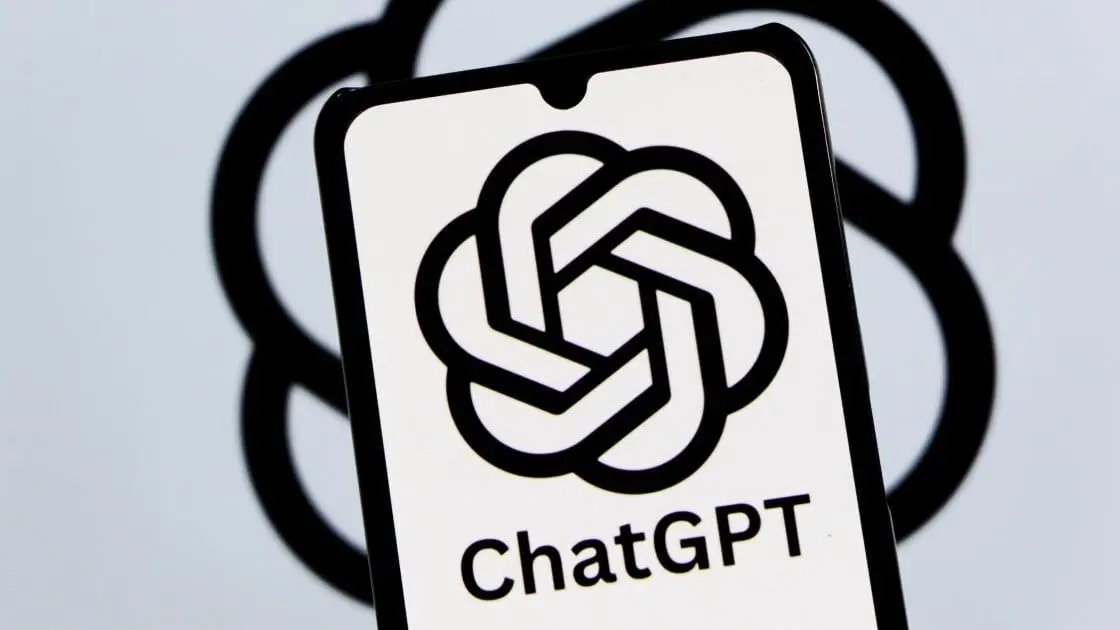Nothing's Bold AI Vision: New OS and 'AI-Native Devices' Coming in 2026
3 Sources
3 Sources
[1]
Nothing is launching first 'AI-native devices' next year
At the heart of Nothing's plans is AI. Pei said the company is "building the foundations for the future" on a focused "AI OS" to deliver a "hyper-personalized experience." However, it's unclear if Nothing's operating system ambitions are built on top of Android like Nothing OS. We've reached out for clarification. This "AI-native platform" will run hardware in widespread use today like smartphones, headphones, and smart watches, Pei said, as well as other devices like smart glasses, electric vehicles, and humanoid robots. He confidently predicts Nothing's new OS will run "whatever comes next," too. That said, last October Pei just as confidently proclaimed that "AI is just a tool" and that the company's OS should not be described as an AI operating system.
[2]
Nothing will make its own OS for phones and beyond, first 'AI-native devices' in 2026
Alongside its latest funding round, Nothing's Carl Pei is laying out a vision for the future of the company which, ambitiously, includes creating a new operating system for smartphones and beyond. In a post to the Nothing Community, CEO Carl Pei says that Nothing has just completed a new funding round at a $1.3 billion valuation. The $200 million funding round will be used to "execute on this vision by accelerating our innovation roadmap and further scaling our distribution." The "vision" mentioned here is to build for a future full of AI, as Pei has been hinting at for months. Following prior comments about how a future smartphone OS will replace the apps you use, Pei says that Nothing wants to build its own operating system, and that it will be "significantly different" from what we're used to today. In particular, the vision here is for the OS to be "hyper-customized" to the user and proactive, while using agents to accomplish tasks. Pei says: We see a future where operating systems are significantly different from the ones today. Each system will know its user deeply, and be hyper-personalised to each individual. Interfaces will adapt to our context and needs. Suggestions will surface naturally, and once we confirm an intent, agents will execute on our behalf. The system will handle the non-essential for us, allowing us to focus on what truly matters, which will be different for every person. Unlike today's one-size-fits-all solution, a billion different operating systems will be rendered for a billion different people. Over time, this OS will be transversal across all form factors: We're starting with smartphones, audio products and smart watches, devices that people already use every day. In the future, our OS will carry into smart glasses, humanoid robots, EVs, and whatever comes next. Notably, Pei says this will start with smartphones, audio products, and smartwatches, but would include other form factors such as smart glasses in the future. In the meantime, Nothing is still using Android, with its Android 16 update set to be unveiled soon. The post goes on to say that Nothing sees the smartphone as the "only device shipping at billion-unit scale each year," but that "we'll all be carrying an additional device that will be just as important" in the near future. What that device is remains unclear, but Nothing's first attempt at launching an "AI-native device" will launch as soon as next year. A new class of AI-native devices will emerge. Products that are available to the user at the moment of need, paired with intelligence that turns understanding into action. This is a very exciting time, imagining devices that capture context across modalities and generate interfaces on demand, shaped by what the user is trying to accomplish. We have been hard at work imagining what this future could look like, and can't wait to launch some of our first AI-native devices next year. What do you think of Nothing's vision for the future?
[3]
Nothing to launch first AI-native devices in 2026, CEO hints they won't be phones
CEO Carl Pei hinted that the new AI products won't be traditional smartphones. Nothing will launch its first AI-native devices in 2026, CEO Carl Pei revealed in a post. The announcement came as the company revealed a $200 million Series C funding round at a $1.3 billion valuation. Pei hinted that the new AI products will not be traditional smartphones. Instead, they will be designed to provide intelligence "at the moment of need," making them just as important as smartphones in daily life. "In the near-term, we believe that the smartphone will remain the only device shipping at billion-unit scale each year. But soon, we'll all be carrying an additional device that will be just as important," Pei said in the post. "The smartphone, while powerful, can't always be there for us. Sometimes it's in our pocket, or we might be on the move with our hands full." Also read: Meta accidentally reveals new smart glasses with display ahead of Connect event Pei believes the smartphone will remain central in the AI era, but he sees a major gap in how software has evolved. "Most of the innovation has been underwhelming, limited to photo editing, translations, and assistant features that barely work," he said. According to him, the future lies in building operating systems that adapt to each user individually. "Unlike today's one-size-fits-all solution, a billion different operating systems will be rendered for a billion different people," Pei said. Also read: Samsung One UI 8 update starts rolling out: Supported devices, features and how to download In four years, the company has shipped millions of devices, built a global supply chain, and reached over $1 billion in total sales as of early 2025, the CEO revealed. "We're in a position that will be very hard to copy," Pei said, citing Nothing's ability to design, manufacture, and ship new hardware worldwide within months. Also read: Samsung Galaxy S25 FE India price announced: Offers, availability and specs
Share
Share
Copy Link
Nothing, led by CEO Carl Pei, announces plans to develop its own AI-focused operating system and launch 'AI-native devices' in 2026. The company secures $200 million in funding to pursue its ambitious vision for the future of consumer technology.
Nothing's AI Ambitions Unveiled
Nothing, the consumer technology company founded by Carl Pei, is setting its sights on an AI-driven future. In a recent announcement, Pei revealed the company's plans to develop its own AI-focused operating system and launch 'AI-native devices' as soon as 2026
1
2
.
Source: 9to5Google
Funding and Vision
The company has secured a significant $200 million in Series C funding, bringing its valuation to $1.3 billion
2
. This financial boost will be instrumental in accelerating Nothing's innovation roadmap and scaling its distribution. Pei's vision for the future of consumer technology is centered around AI, with plans to build what he calls an 'AI OS' that will deliver a 'hyper-personalized experience'1
.A New Kind of Operating System
Nothing's proposed operating system aims to be a departure from current platforms. Pei describes a future where each user's OS is uniquely tailored to their needs and context
2
. He envisions interfaces that adapt dynamically, with AI agents executing tasks on behalf of users. This approach contrasts sharply with today's 'one-size-fits-all' solutions, potentially rendering 'a billion different operating systems for a billion different people'2
.Beyond Smartphones
While Nothing currently uses Android for its devices, the company's ambitions extend far beyond traditional smartphones. Pei suggests that their new OS will be 'transversal across all form factors,' starting with smartphones, audio products, and smartwatches, but eventually expanding to smart glasses, humanoid robots, and electric vehicles
1
2
.AI-Native Devices
Perhaps most intriguingly, Nothing plans to launch its first 'AI-native devices' in 2026
3
. These products are described as being available to users 'at the moment of need,' paired with intelligence that can turn understanding into action. Pei hints that these devices will not be traditional smartphones but will be 'just as important' in daily life2
3
.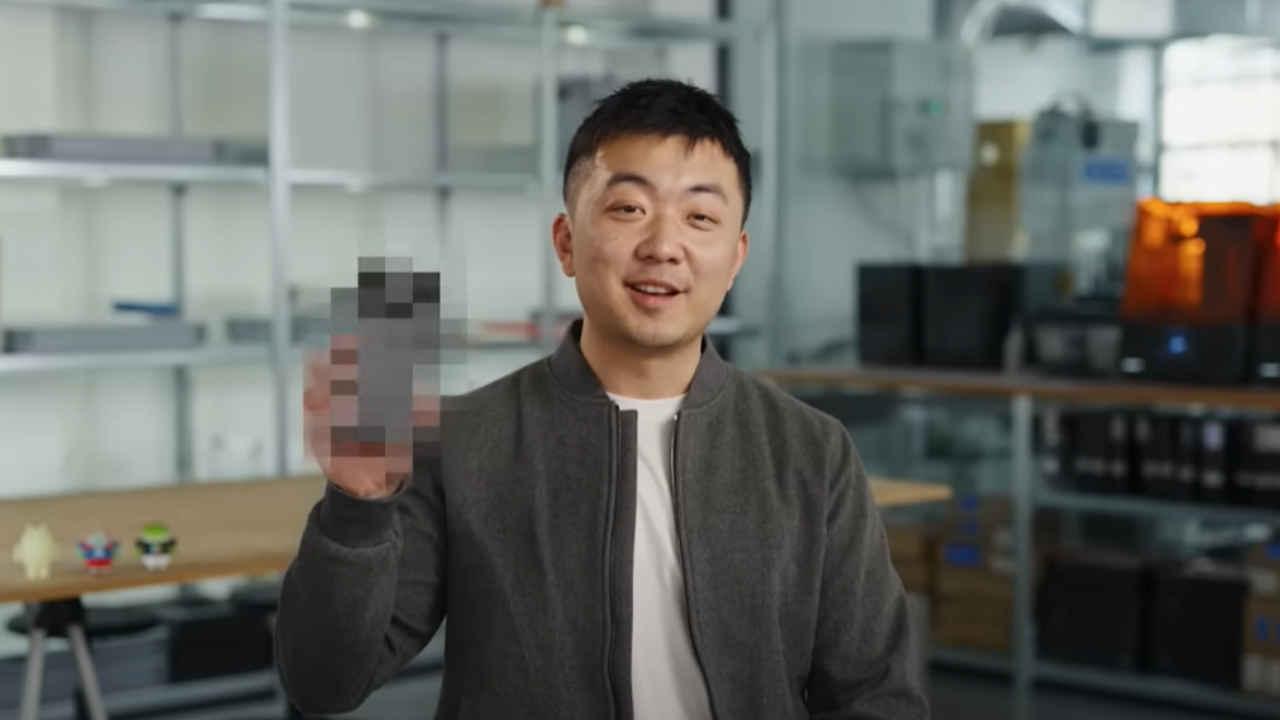
Source: Digit
Related Stories
Current Success and Future Challenges
Nothing has made significant strides since its inception four years ago, shipping millions of devices and reaching over $1 billion in total sales as of early 2025
3
. Pei believes the company's ability to design, manufacture, and ship new hardware globally within months puts them in a unique position that will be 'very hard to copy'3
.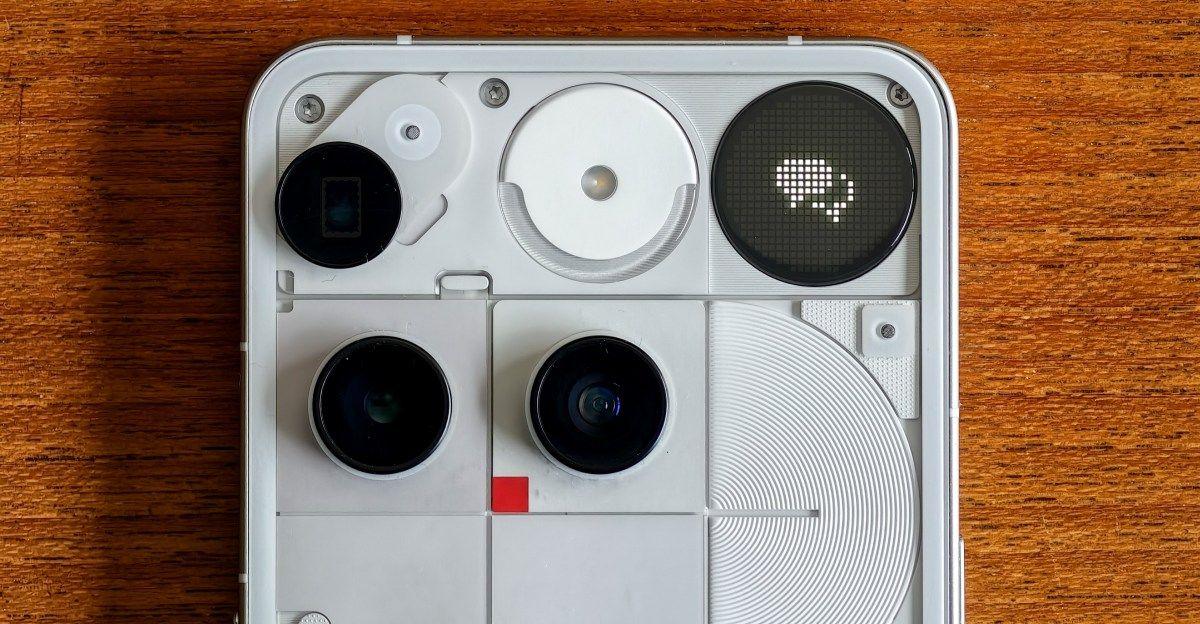
Source: The Verge
Shifting Perspectives on AI
Interestingly, Pei's current enthusiasm for AI marks a shift from his stance in October of the previous year, when he described AI as 'just a tool' and insisted that Nothing's OS should not be called an AI operating system
1
. This change in perspective underscores the rapidly evolving nature of AI technology and its perceived importance in the tech industry.As Nothing embarks on this ambitious journey, the tech world will be watching closely to see how the company's vision for AI-native devices and personalized operating systems unfolds in the coming years.🟡 disadvantaged=🟡False
References
Summarized by
Navi
Related Stories
Nothing Phone 3: AI-Powered Flagship Set for Q1 2025 Launch
14 Jan 2025•Technology

Nothing Unveils AI-Powered App Creation Platform, Signaling Shift Towards Personalized Smartphone Experience
30 Sept 2025•Technology
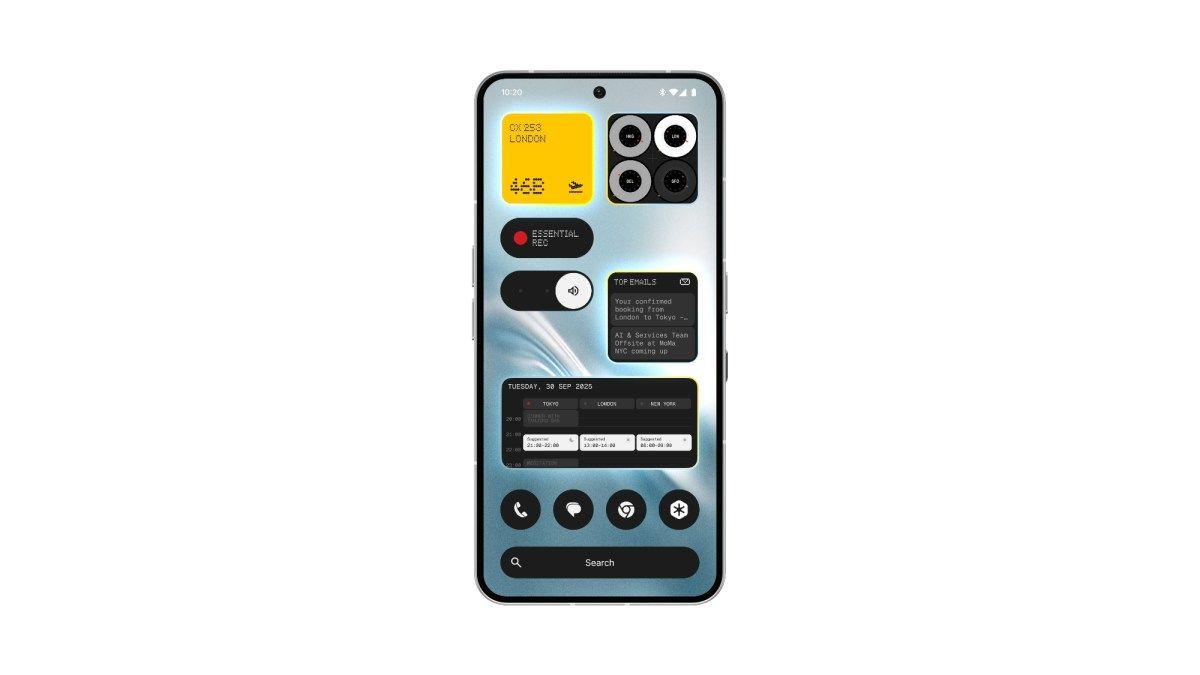
Nothing CEO Carl Pei Envisions AI-Driven Future of Smartphones Without Apps
28 May 2025•Technology
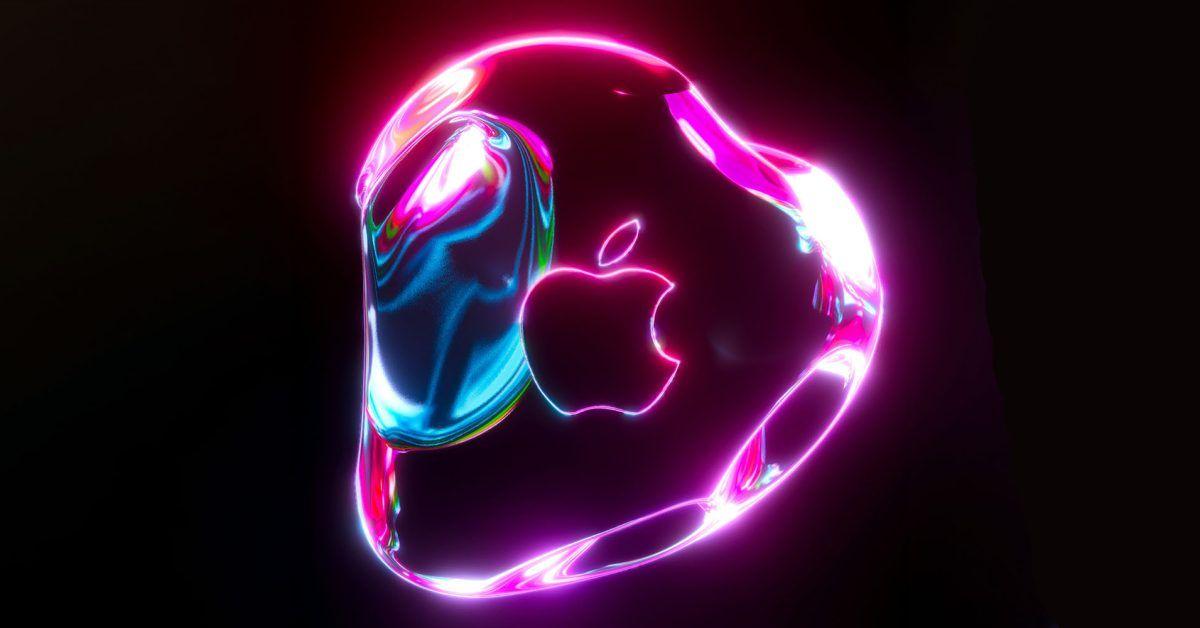
Recent Highlights
1
Anthropic releases Claude Opus 4.6 as AI model advances rattle software stocks and cybersecurity
Technology

2
University of Michigan's Prima AI model reads brain MRI scans in seconds with 97.5% accuracy
Science and Research

3
UNICEF Demands Global Crackdown on AI-Generated Child Abuse as 1.2 Million Kids Victimized
Policy and Regulation



